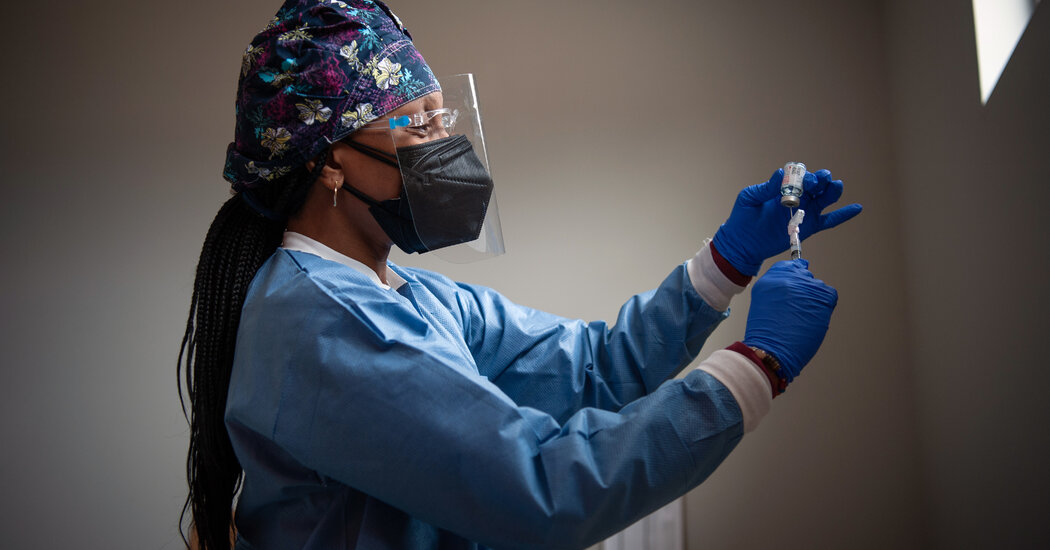Mississippi has long had high childhood immunization rates, but a federal judge has ordered the state to allow parents to opt out on religious grounds.
For more than 40 years, Mississippi had one of the strictest school vaccination requirements in the nation, and its high childhood immunization rates have been a source of pride. But in July, the state began excusing children from vaccination if their parents cited religious objections, after a federal judge sided with a “medical freedom” group.
Today, 2,100 Mississippi schoolchildren are officially exempt from vaccination on religious grounds. Five hundred more are exempt because their health precludes vaccination. Dr. Daniel P. Edney, the state health officer, warns that if the total number of exemptions climbs above 3,000, Mississippi will once again face the risk of deadly diseases that are now just a memory.
“For the last 40 years, our main goal has been to protect those children at highest risk of measles, mumps, rubella, polio,” Dr. Edney said in an interview, “and that’s those children that have chronic illnesses that make them more vulnerable.” He called the ruling “a very bitter pill for me to swallow.”
Mississippi is not an isolated case. Buoyed by their success at overturning coronavirus mandates, medical and religious freedom groups are taking aim at a new target: childhood school vaccine mandates, long considered the foundation of the nation’s defense against infectious disease.



We do let people make decisions that put others at risk, if that risk is small enough. You use drunk driving as an example of something which is illegal because it can hurt other people, but driving at all can hurt other people. Someone who drives a lot every day is more likely to accidentally harm another person than someone who doesn’t drive. Despite this, driving is legal and simply choosing to drive (as opposed to breaking traffic laws or driving recklessly) doesn’t make the driver liable if he hurts someone.
Is being unvaccinated more like drunk driving or like driving at all, in terms of the risk to others? I haven’t done the math but I expect that it’s more like driving at all, and IMO it would have to be a lot more dangerous than ordinary driving in order to justify the inherently onerous requirement of undergoing a mandatory medical procedure.
Driving does require licensing, though. You need to register with the state to say that you can drive. This license can be revoked if you don’t drive safely. If you drive without a valid license, you can get in a lot of legal hot water.
Vaccination might be compared to driving without a license. Let’s say you let one person drive without a license because they promised to drive safely. They might be fine and not cause any accidents. This is analogous to a small number of anti-vaxxers not getting sick/spreading illness because they are still covered by herd immunity.
However, as more people are allowed to drive without a license, more accidents would happen. This would be especially true if we allowed people exceptions to things like speed limits and driving on the sidewalk because their “sincerely held religious beliefs” state that they are allowed to do this. At that point, we’d have a lot of accidents and a lot of people being hurt.
There are a lot of regulations around driving (licensing, road rules, yearly car inspections) that are onerous in an effort to keep driving as safe as possible. Getting rid of those regulations “for personal freedom” would cause many, many deaths. Allowing people to just refuse vaccinations for any reason would also cause many, many deaths.